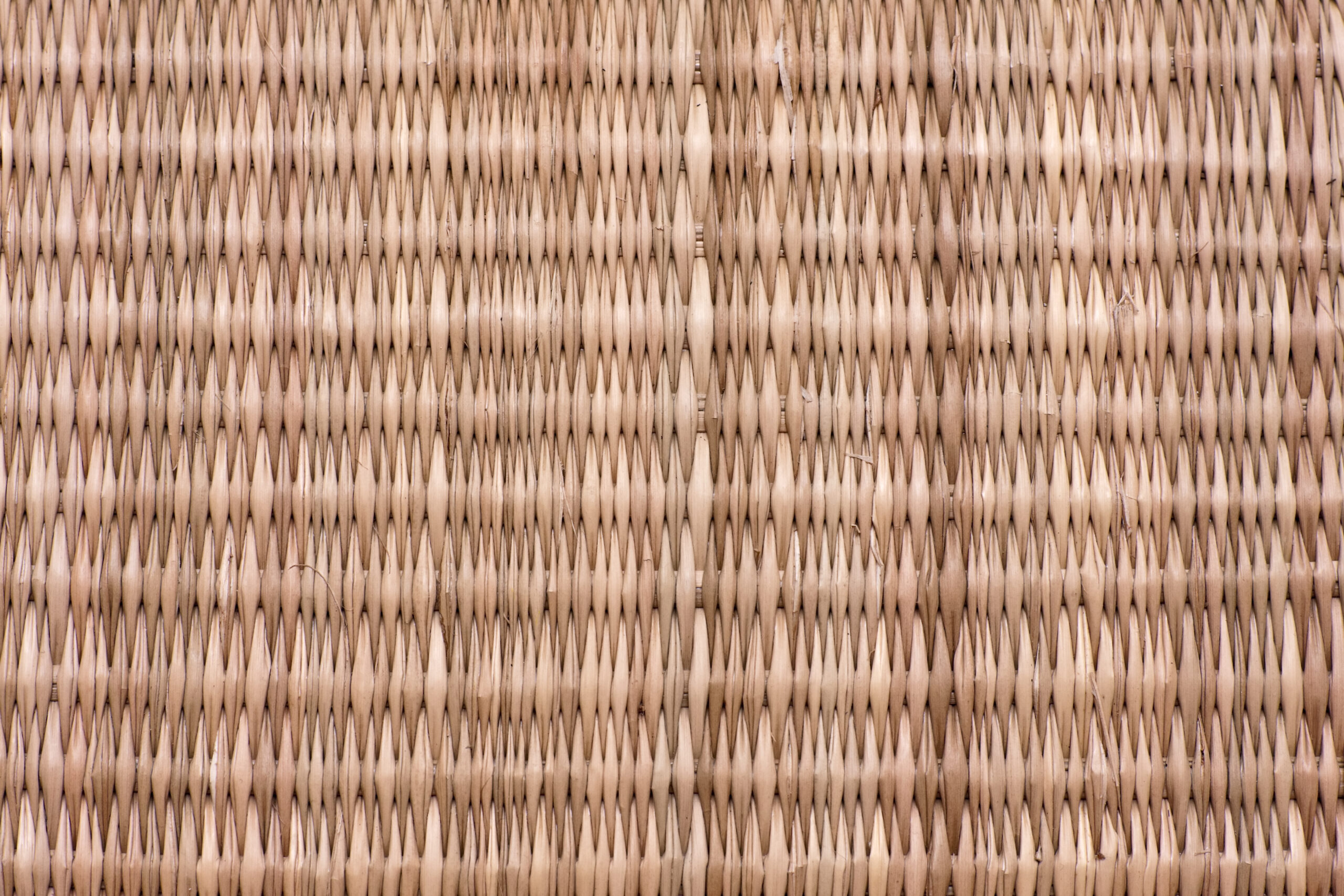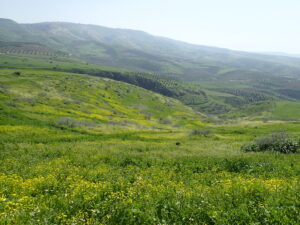By AMAL AL SAEEDI
Translated from the Arabic by NASHWA NASRELDIN
Piece appears below in English. To view the original Arabic, please click here.
Translator’s note:
Amal al Saeedi’s Side Entrance to the House immediately caught my attention. For one, literature that centers the house intrigues me; perhaps it’s the innate mystery held within the brick walls that surrounds us, the way it enfolds us, inhabiting us as much as we inhabit it. Gaston Bachelard’s The Poetics of Space, The House with Only an Attic and a Cellar, by Kathryn Maris, Laura Scott’s So Many Rooms, Eman Abderahim’s Rooms and Other Stories, have all lured me in by the title first.











